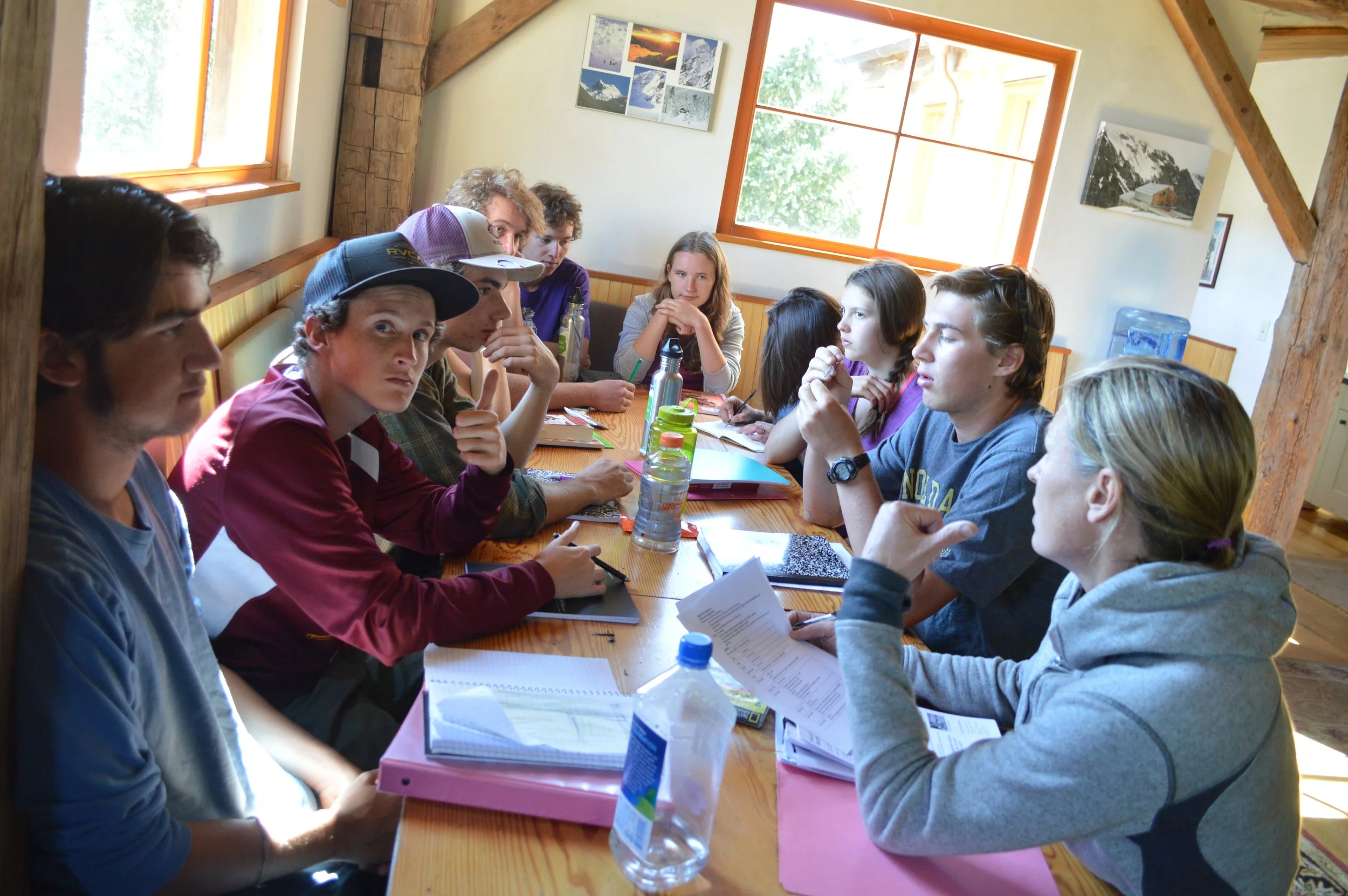Preparing for College Interviews
Some schools offer applicants the opportunity to interview with an admissions officer or an alumni representative. Think of these as conversations rather than formal interviews. This is your chance to give the interviewer insight beyond your activities list and transcript. They already know what you’ve done — now they want to understand why you’ve done it, how you’ve engaged with your experiences, and who you are as a person.
Notes from Alumni Interviewers
Alumni Interviewer from Dartmouth College:
Before I interview students, I remind them that admissions already has their grades, test scores, teacher recommendations, and extracurriculars — the whole résumé. I tell them to fill in the gaps for me. I love when students share stories that reveal something of their character. For example, one student told me about his younger brother’s chronic illness and how it shaped his family; it showed me how thoughtful and sensitive he was. What I don’t enjoy are interviews that sound like a list of achievements, service trips, or science camps. I want to hear something real — some heart, some vulnerability. That’s what makes an impression.
Alumni Interviewer from Princeton University:
Be human. Relax and have an interesting conversation. Interviewers love to meet students who show poise and social/emotional intelligence. Think about what you didn’t have room for on your application and use the interview to highlight that!
Conduct a couple of mock interviews before the real thing to reduce filler words like “um” or “like.” My biggest pet peeve: students who don’t have any questions to ask. Not having thoughtful questions suggests a lack of interest. Show your earnest enthusiasm.
What Interviewers Are Looking For
Interviewers pay attention not only to what you say, but also how you engage in the conversation. Consider:
How you show interest through tone, posture, and facial expression
The rhythm of the conversation — listening, pausing, and responding thoughtfully
The stories and examples you choose to share
Suggestions to Prepare
Practice aloud. Review sample questions and answer them verbally, not just in your head.
Pause before answering. A short pause helps you gather your thoughts and signals maturity.
Eliminate distractions. Turn off your phone and notifications. Choose a quiet, well-lit location for Zoom interviews.
Mind your affect. Your facial expressions and body language communicate engagement and confidence. Practice looking interested, open, and relaxed.
Be authentic. Use anecdotes and specifics. Focus on what experiences mean to you, not just what you’ve done.
Ask questions. Bring a few thoughtful questions about the school or student experience — this shows curiosity and genuine interest.
Questions to Practice Aloud
These are conversation prompts rather than strict questions. Think of them as content to weave into your discussion:
Tell me about yourself. (Your story/introduction.)
Where do you go to high school, and what has defined your path there?
What activity is most important to you, and why?
Why are you interested in this school?
What have been some of the greatest influences, experiences, or people in your high school years?
Tell me a little about your family and how they’ve influenced you.
How has the environment where you grew up influenced you?
What do you do on a day when no one tells you what to do? What genuinely brings you joy?
How would your best friend describe you?
What academic subjects are you most interested in right now, and why? (Provide specific examples.)
What are you most proud of from your high school experience?
Tips for Preparing Your Answers
Why this school?
Don’t give a generic answer. Most schools have excellent professors and programs.
Stand out by telling a specific story from your campus visit or highlight a particular academic department or club you’re excited about.
Show you’ve thought deeply about why the school is a good fit for you.
What is your academic passion?
If you’re unsure, talk about your excitement to explore new subjects.
Give examples of how high school experiences sparked your curiosity.
Interests outside the classroom / proudest achievements:
Be specific and use anecdotes that reveal your passion and character.
How would your friends describe you?
Be honest. Don’t tell the interviewer what you think they want to hear.

